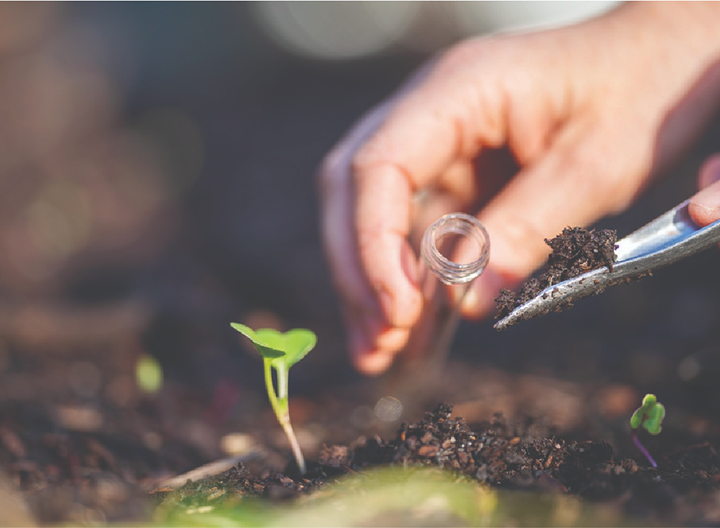
Soil
Testing Services
- Optimizing Crop Yield – Ensuring soil has the right balance of nutrients.
- Enhancing Soil Fertility – Identifying deficiencies and recommending corrective actions.
- Preventing Soil Contamination – Detecting pollutants like heavy metals, pesticides, and chemicals
- Supporting Construction Projects – Evaluating soil stability for buildings, roads, and infrastructure.
- Water Management & Drainage Planning – Understanding moisture retention capacity for irrigation planning.
- Environmental Protection – Assessing erosion risks, acidity levels, and pollution impact.
Why Soil Testing Matters
Soil testing is a vital scientific process that provides deep insights into the health, composition, and fertility of the soil. At Gujarat Environmental Lab (GEL), our advanced soil testing services help farmers, agronomists, builders and environmental planners make informed decisions by analyzing physical, chemical and nutrient properties of the soil. Whether it’s improving crop yield, supporting sustainable agriculture, planning construction or ensuring environmental compliance, soil testing is the foundation for effective land use and resource management.
Physical Analysis
Optimizing Crop Yield – Ensuring soil has the right balance of nutrients.
Moisture Content – Determines water-holding capacity.
Soil Permeability –Helps in drainage and irrigation planning.
Bulk Density & Porosity – Evaluates compaction and aeration properties.

Chemical Analysis
pH Levels – Measures soil acidity or alkalinity for plant growth.
Salinity Testing – Identifies salt accumulation affecting crops.
Cation Exchange Capacity (CEC) – Determines soil fertility
and nutrient retention.
Nutrient Testing
Macronutrients -Nitrogen (N), Phosphorus (P), and Potassium
(K).
Secondary Nutrients -Calcium (Ca), Magnesium (Mg), and
Sulfur (S).
Pesticide Residue Testing
Analysis of harmful pesticide residues in fruits, vegetables, and grains. Ensuring
compliance with FSSAI, EPA, and Codex Alimentarius standards.
